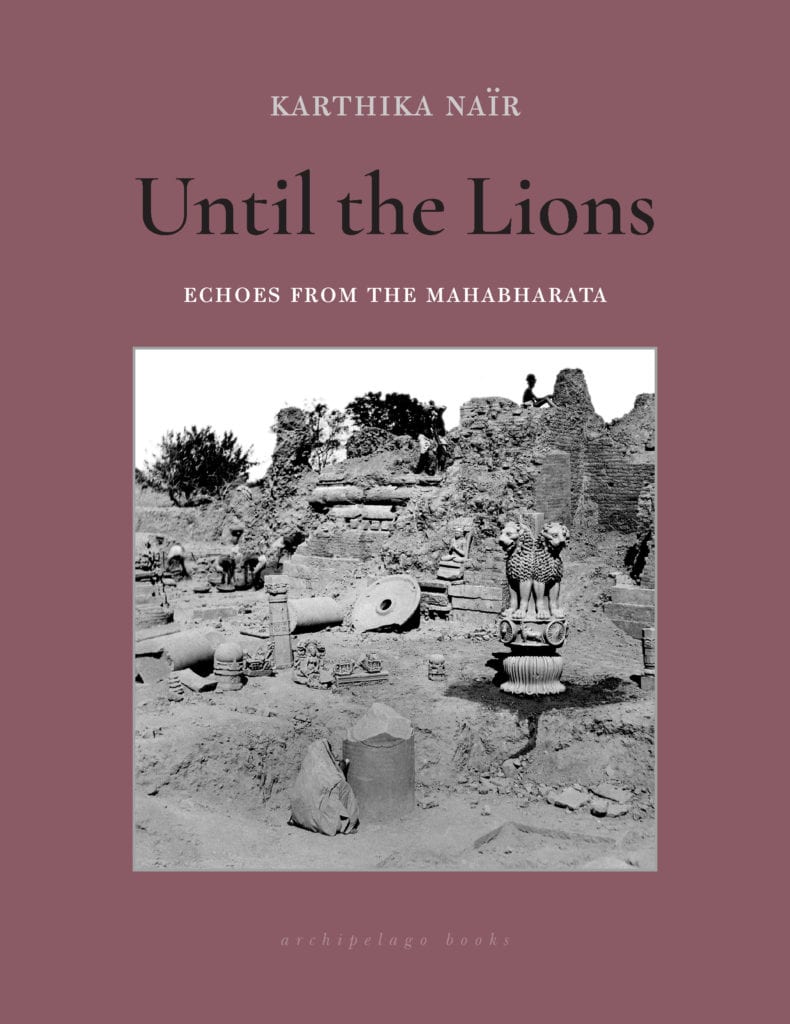Review of White Masks by M. Lynx Qualey in World Literature Today
Whiteness—or the absence of color—is one of Lebanese author Elias Khoury’s central obsessions. Khoury, arguably the finest living Arab novelist, may have first explored whiteness and violence in this 1977 Little Mountain, when a character “laughed a white laugh.” The idea becomes more prominent in his later works. In Gate of the Sun (1999), White Ayoub is alternately suicide or saint. In Yalo (2002), the protagonist is blinded by whiteness and cannot comprehend the world around him. Khoury’s white is violence and clarity, purity and destruction. If the Lebanese civil war had a color, it would be this.
The book is an early work of Khoury’s, published in 1981. The literal translation of the Arabic title would be “White Faces,” but it is titled White Masks in English to avoid a strictly racial reading. The novel is built around the narrator’s attempt to understand what he describes as the “wonderful, dreadful” murder of civil servant Khalil Ahmed Jaber.
The narrator assembles the book detective-style, appearing and then receding, leaving characters to tell their own stories. Jaber’s wife is the fist to be interviewed. She explains that, after the battlefield death of their son, her husband slipped into madness. He rubbed out faces in family photographs, whitewashed walls, chewed up newsprint. He stopped bathing and ate little. Then, for no apparent reason, he was tortured, murdered, and dumped in a pile of garbage. The unnamed narrator records other stories: those of Jaber’s daughter, of a woman who fed Jaber while he wandered the streets, of the garbage collector who discovered his body.
White Faces represents a turning point in Khoury’s work. At the beginning of the Lebanese civil war, Khoury actively participated in the fighting. He told Sonja Mejcher: “I used to write the opposite of what I was living but I used to really believe in the ideology of politics and … to think that literature was something else. …. My criticism became more explicit in al-Wujuh al-baydá … and I was considered to be against the revolution. … It was then that I discovered that my work as an intellectual and as a writer is, first, important and, second, meaningless, cannot be done, if I am not critical of the situation I am living in.”
The criticism is open and painful. White Masks examines not only the death of Khalil Ahmed Jaber but also the violence swirling around him and the role individuals play in allowing atrocities to happen. But the book doesn’t point fingers, or end with the discovery of who committed this ugly crime. It ends, instead, with a “provisional epilogue.” Here, the narrator leads us to believe he will reveal the fruits of his investigation, but then veers off into several new stories. The narrator asks: “Is the identification of the murderer the problem? Would it help us understand the motives for the crime?”
White Faces is a more straightforward work than Khoury’s “wonderful, dreadful” recent novels, Gate of the Sun (see WLT, January 2006, 12-16) andYalo. It is ultimately not as mature and layered as these works, but it is a compelling, thoughtful read.

